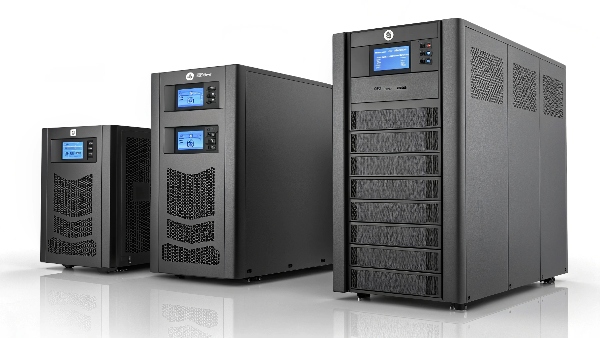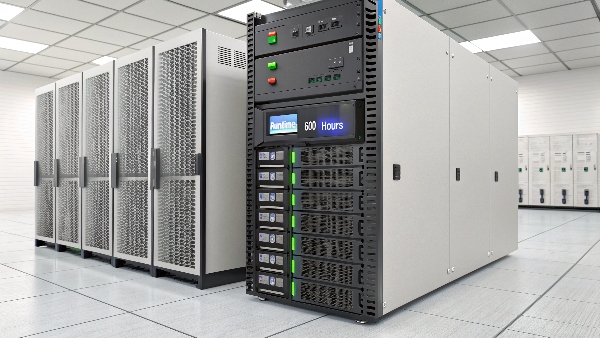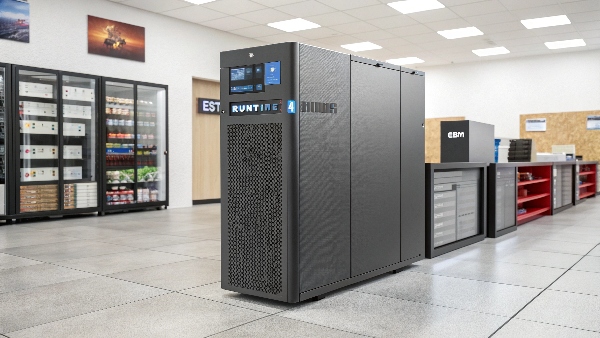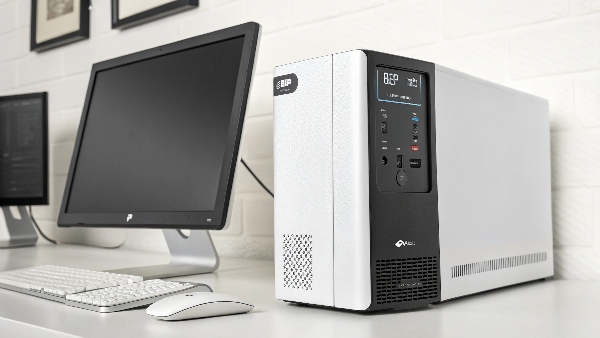Power outages can cripple businesses and damage sensitive equipment. A reliable UPS is not just a luxury—it’s a necessity for uninterrupted operations.
The best UPS provides stable power, protects against surges, and offers battery backup tailored to your needs. Look for models with comprehensive safety features like overload protection and real-time monitoring via LCD or touchscreen displays.

Choosing the right UPS depends on your power requirements, runtime needs, and budget. Let’s break down the key factors to help you decide.
Which brand is best for UPS?
Not all UPS brands deliver the same reliability. Some prioritize affordability, while others focus on high-end performance.
The best UPS brands combine durability, advanced features, and strong customer support. Top contenders include APC,but custom OEM/ODM solutions can also provide tailored reliability for specific needs.

Key Factors in Choosing a UPS Brand
Here’s what separates premium brands from the rest:
| Feature | Budget Brands | Premium Brands |
|---|---|---|
| Battery Life | 1-3 years | 3-5+ years |
| Protection Features | Basic surge protection | Full electrical safeguards |
| Display & Monitoring | Minimal indicators | LCD/touchscreen with real-time data |
| Customization Options | Limited | Available (OEM/ODM) |
Premium brands invest in R&D, ensuring their UPS systems handle voltage fluctuations, overheating, and short circuits effectively. Custom solutions, especially from experienced manufacturers, can match or exceed branded performance at competitive prices.
Which UPS gives 6 hours backup?
Extended power failures demand UPS systems with substantial battery capacity. Not all models can sustain long runtimes.
For 6 hours of backup, high-capacity UPS units with external battery packs (EBP) are ideal. Lithium-ion models offer better efficiency and longevity than traditional lead-acid batteries.

Achieving 6-Hour Runtime
- Lithium-ion UPS: More energy-dense, lighter, and longer-lasting.
- External Battery Modules (EBMs): Expandable capacity for prolonged runtime.
- Efficient Inverters: Minimize energy loss during conversion.
For critical operations like hospitals or data centers, modular UPS systems allow scalability. Always verify load capacity—higher wattage demands reduce runtime.
Which UPS gives 4 hours backup?
A 4-hour UPS bridges the gap between standard and extended backup needs. These systems balance cost and performance.
4-hour backup UPS units often use mid-range lithium or optimized lead-acid batteries. Ensure the model supports your equipment’s power draw without excessive voltage drops.

Key Considerations for 4-Hour Runtime
- Battery Type:
- Lead-acid: Cheaper but bulkier.
- Lithium-ion: Compact, faster charging, better for high-cycling use.
- Load Capacity:
- A 1000W load reduces runtime compared to a 500W load.
- Scalability:
- Some models allow adding external batteries later.
Commercial buildings and retail stores often opt for these systems to safeguard against short outages.
Which UPS can last for 3 hours?
For most offices and small businesses, a 3-hour UPS provides ample time to save work and shut down systems gracefully.
Entry-level lithium or quality lead-acid UPS systems typically deliver 3 hours. Models with LCD displays help monitor battery status and load in real time.

Comparing 3-Hour UPS Options
| Battery Type | Pros | Cons |
|---|---|---|
| Lead-Acid | Lower upfront cost | Heavier, shorter lifespan |
| Lithium-Ion | Lightweight, long-life | Higher initial price |
Choose based on usage frequency—lithium excels in high-cycle environments like server rooms.
Conclusion
The best UPS depends on your runtime needs, budget, and equipment. Premium brands and custom OEM solutions offer reliability, while lithium batteries extend longevity. Always match UPS capacity to your critical load.

